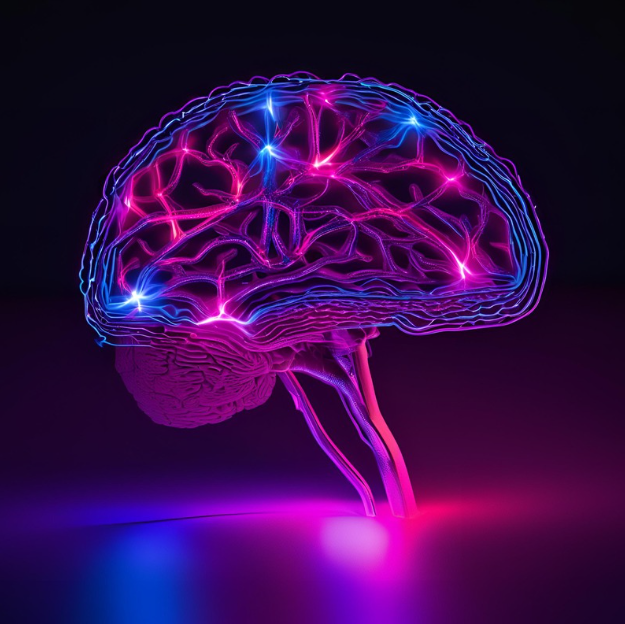Create vs. Consume: The Mental Bandwidth Battle for Success
- Andy
- Jan 28
- 3 min read
Updated: Jan 30
Here's a paradox: In our quest for growth and success, most of us consume massive amounts of various forms of information, chasing every new insight and idea. Yet science shows our conscious mind can only process one single thought at the time with information at the speed of a casual conversation - about 10 bits per second.

No wonder consumers are confused while creators are content.
The Creator-Consumer Divide
When you observe successful creators - artists, entrepreneurs, innovators - you'll notice something surprising: they often seem calmer, clearer, and happier than the constant consumers of content. Here's why:
The Consumer's Trap
Constantly analyzing new information
Fighting against mental bandwidth limits
Chasing every new insight
Losing clarity in information overflow
Never reaching satisfaction
The Creator's Advantage
Engaging trained subconscious skills
Working within natural mental rhythms
Focusing on single objectives
Maintaining mental clarity
Finding flow and satisfaction
The Science Behind the Divide
Recent neuroscience reveals a fascinating truth: while our sensory systems process billions of bits per second, our conscious mind operates at just 10 bits per second - roughly the speed of a casual conversation.

This creates two distinct paths:
The Consumer's Path
Forces brain to filter massive information
Constantly depletes mental energy
Creates decision fatigue
Leads to analysis paralysis
Generates constant overwhelm
The Creator's Path
Allows brain to operate at natural speed
Engages trained automatic processes
Maintains mental energy
Enables clear decision-making
Produces flow states
The Hidden Power of Creation
When creators seem to "turn their brain off" and work, they're actually:
Accessing well-trained skills
Using natural mental processes
Avoiding information overload
Working with their brain's rhythm
Achieving peak performance
Breaking Free from the Consumer Trap
To shift from confused consumer to confident creator:
Limit Input
Set specific learning times (afternoon works best for me)
Choose few, high-quality sources
Avoid information grazing
Respect mental bandwidth limits
Embrace Creation
Schedule dedicated creation time (first thing in the morning, preferably before breakfast)
Trust trained skills
Allow natural flow
Focus on single tasks (this is why your goals are so important)
Build Creative Habits
Practice regular skills (mastering your technique makes your subconscious do the work in 'flow' for you)
Develop routines
Create before consuming
Trust the process
The Success Formula
The path to success becomes clear:
Less consumption = More mental clarity
More creation = Better skill development
Better skills = Natural flow states
Natural flow = Greater satisfaction
Greater satisfaction = Sustained success
Implementation Strategy
Morning Power Hour
Create before consuming
Use fresh mental energy
Trust trained abilities
Avoid information input (I keep my phone in airplane mode until about 11:00)
Midday Management
Limited, focused learning
Specific skill development
Controlled information intake
Creation-focused activities
Evening Evolution
Reflect on creation
Light skill practice
Minimal information input
Prepare for next day's creation
The Clarity Advantage
Creators maintain clarity because they:
Work with their brain's natural speed
Trust developed abilities
Avoid analysis paralysis
Focus on output over input
Moving Forward
The choice becomes clear:
Continue consuming and the chase becomes endless
Or start creating and find natural flow and maybe even success
Your brain's bandwidth limit isn't a restriction - it's a guide. It shows us that success comes not from consuming more, but from creating within our natural rhythms.
What will you choose to create today? How will you protect your mental bandwidth for what truly matters?
Because here's the truth: The path to success isn't about consuming more information - it's about creating from the wisdom you already have.
Here's the great article about 'The Unbelievable Slowness of Thinking' in the American Scientist.

Comments